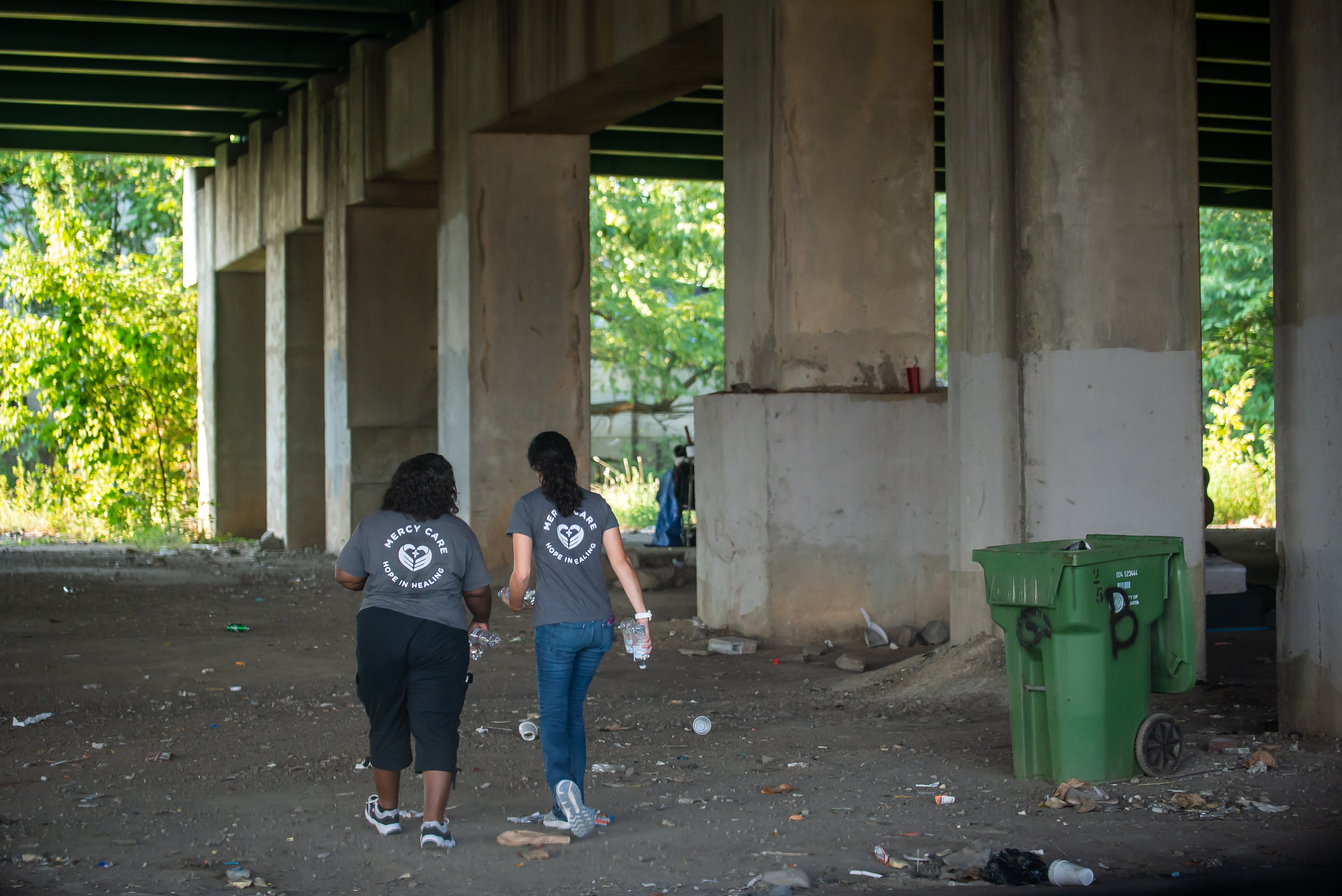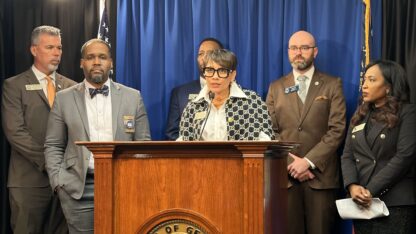Homeless advocates across Georgia are considering how a recent U.S. Supreme Court ruling will affect their communities.
The order said it was not unconstitutional for cities to prohibit sleeping outdoors even when no other shelter is available.
The case, City of Grants Pass, Oregon v. Johnson, originated on the West Coast, where a federal judge said that bans on sleeping outside were cruel and unusual punishment unless the city could provide an alternative.
In reversing that ruling, the Supreme Court gave cities across the country, including in Georgia, the green light to enforce their own bans on urban camping.
Michael Fisher of Ninth District Opportunity, a nonprofit based in North Georgia, is worried the ruling could further dehumanize people who are unsheltered.
When the decision came out, he said he was doing street outreach in Hall County, which has significant homeless encampments. He was left to answer the questions of the people he served, many of whom were curious as to what it meant.
“I said, ‘I honestly don’t know what it means, but I can assure you it’s not good.'”
Fisher said that since there are so few shelter options in his area, all his group can do is try to improve the lives of people who stay outside. Their motto is: “Keep ’em alive until the miracle arrives.”
Doug Belisle, who runs the Good Neighbor shelter in Cartersville, believes it’s valuable to leave these choices up to cities.
However, he was still disappointed by the decision, noting that Bartow County also does not have enough housing options compared to the number of people who are homeless.
He said that in order to make an adequate change, everyone should be starting from the same premise: “How can we provide solutions so that no one has to sleep unsheltered?”









